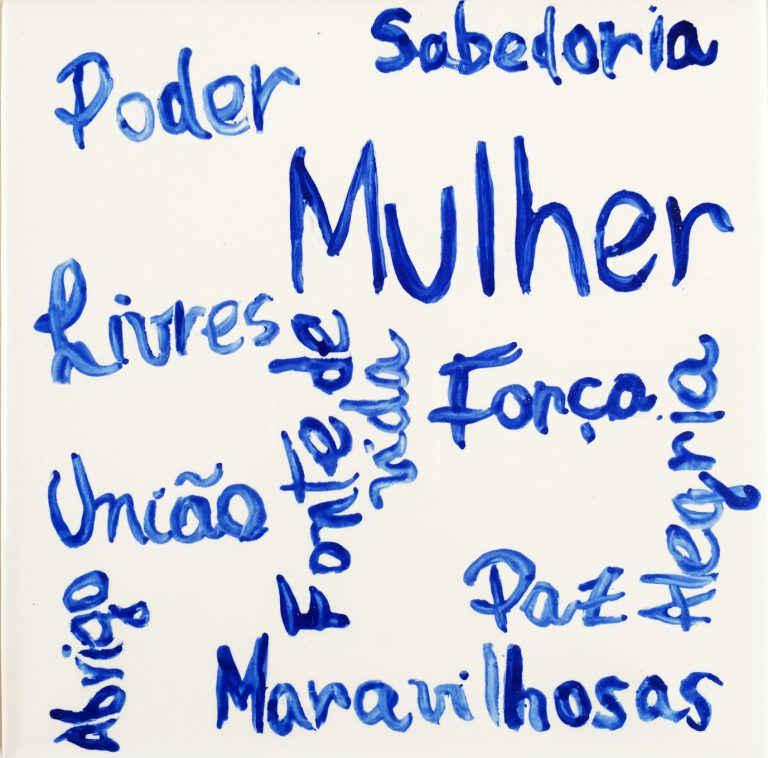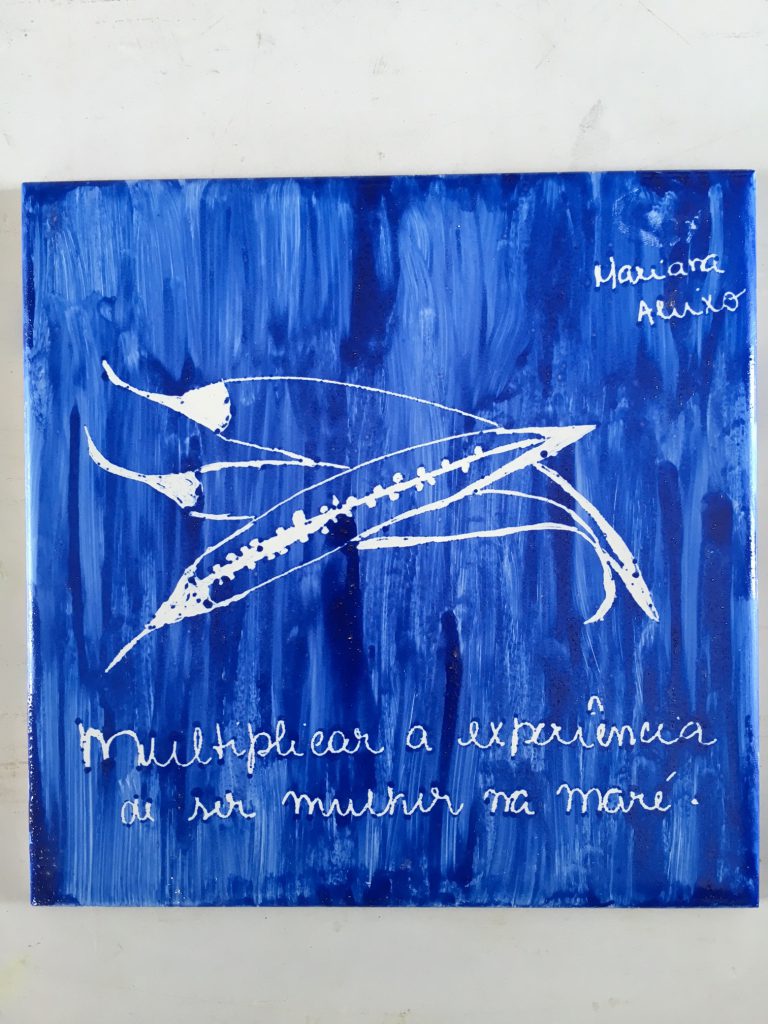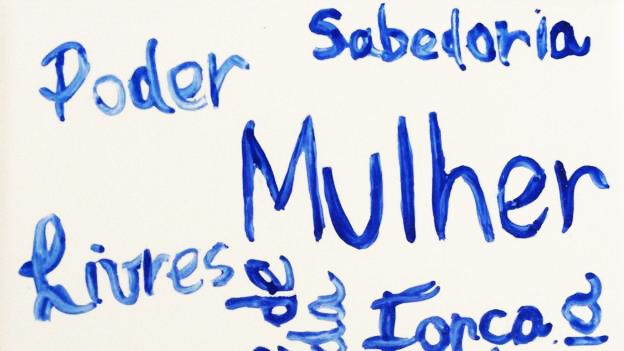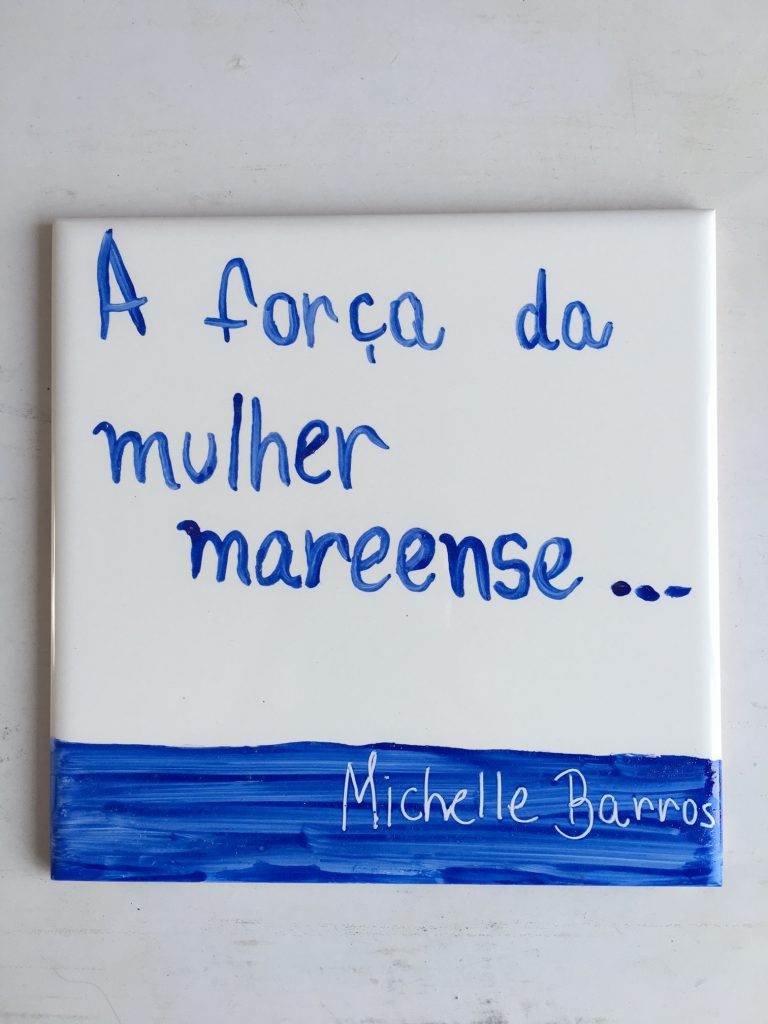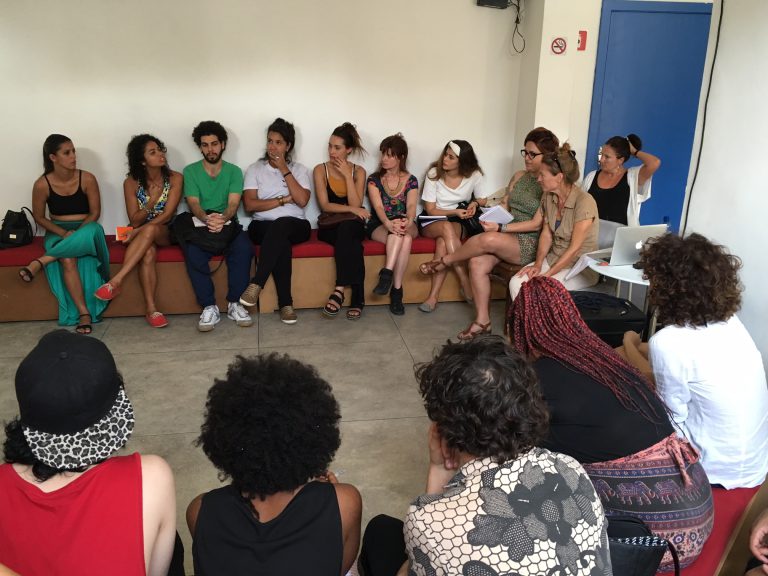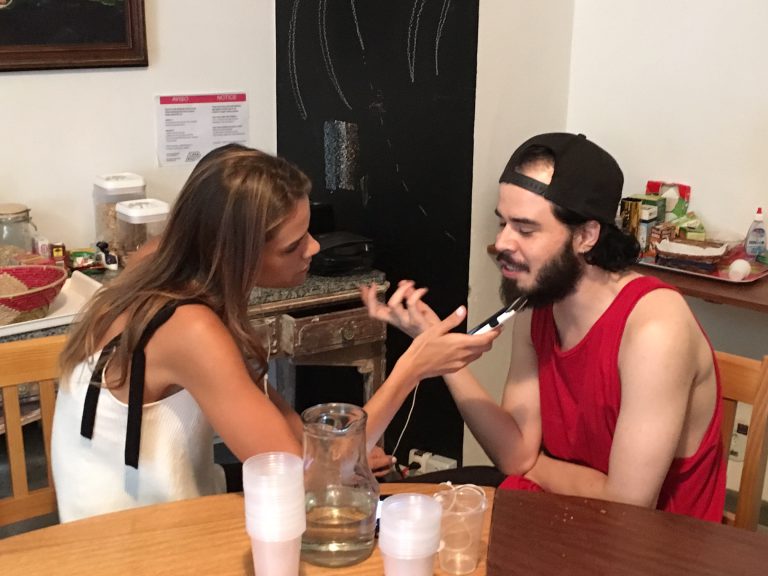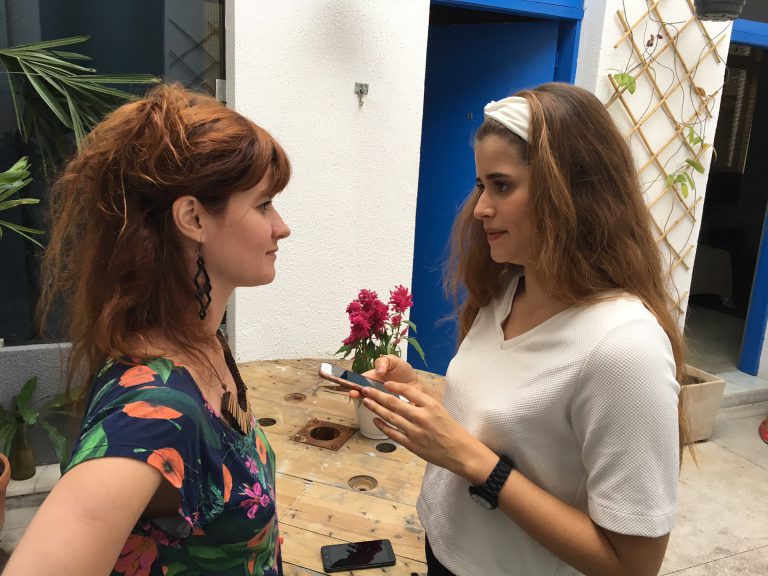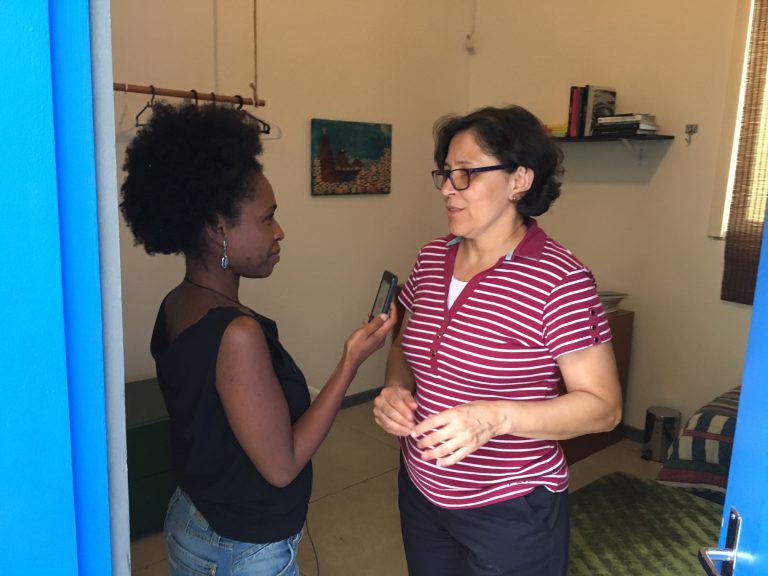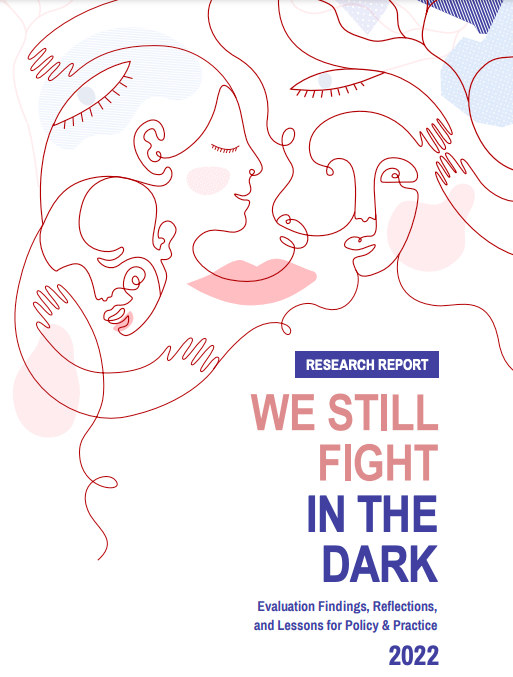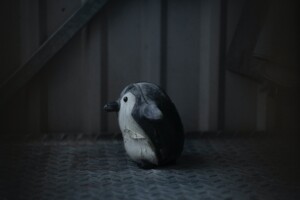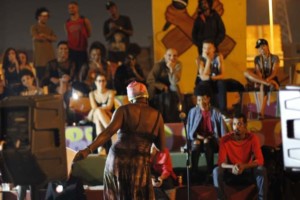We Still Fight in the Dark
An interdisciplinary study examining violence against women and girls (VAWG) among Brazilian migrants in London.
Project Overview
This interdisciplinary project examined gender violence experienced by two groups: women and girls living in the largest favela in Rio de Janeiro, Complexo da Maré – where residents are predominantly poor and where VAWG is endemic – and among the Brazilian women living in London, one of the fastest-growing migrant groups in the city and the largest among Latin American countries.
The project explores the nature, causes and consequences of VAWG and the health outcomes locally and across borders. Participatory methods, testimonial interviews, mapping of service provision, theatre production and film were used as tools to explore what happens to women in one of Latin America’s most violent cities and examine how this violence affects relationships and movement across borders between Rio de Janeiro and London.
The research findings are staggering. Here you can see the findings in numbers:
This was facilitated through collaborating partners – in Rio, Redes da Mare; in London, the Latin American Women’s Rights Service, and People’s Palace Projects, based at QMUL.
Policy Impact
The study creates new interventions to reduce VAWG and the urban public health risks associated with it. It also offers tools to increase women and girls’ knowledge about their rights in relation to the experience of violence, raising awareness of VAWG in both countries.
Video Installation
This short film was created collaboratively in eight drama workshops with Brazilian migrants in Londo,n led by Migrants in Action (MinA) as a response to the findings from the research. The video was premiered during Brazil Week 2022 at King’s College.
